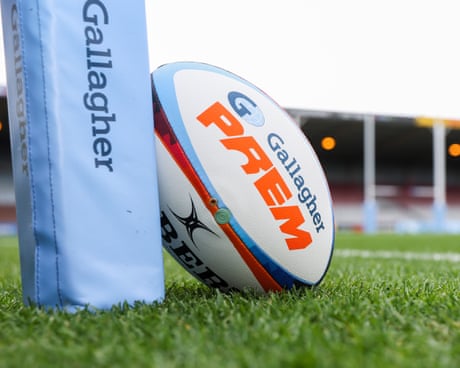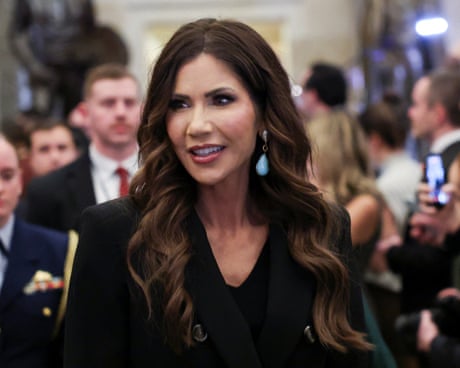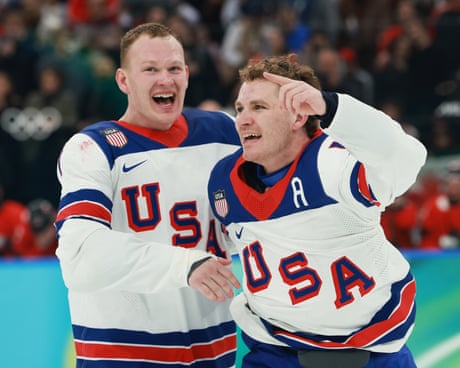
I was skeptical.
And I was far from the only one.
If anything stands out from the fog of lockdown life in April, it’s the genuine concern from those I’d speak with in various corners of the hockey world who felt the season would be lost.
Those were scary, uncertain times and in many ways, these remain scary, uncertain times five months in.
So it feels a bit surreal to be heading to the airport today for my first flight since March. I’m filled with gratitude as I venture west to Edmonton to be one of the few people inside Rogers Place covering the conference finals and Stanley Cup Final.
It’s not lost on me how much sacrifice it’s taken to make this happen. The players are now entering their seventh week of living behind fences, which has required them to relinquish some pretty fundamental personal freedoms in order to compete safely.
The same goes for hundreds of team staff, league staff and my broadcast colleagues. People who love what they do, and feel fortunate to do what they do, but have never been asked to work under conditions as challenging as these.
It was telling what veteran Dallas Stars coach Rick Bowness had to say after a big victory last month. His team had just eliminated the Calgary Flames from the first round in a wild Game 6 when he tackled this subject without being prompted: “People don’t understand how hard it is, this bubble. It’s great that we’re playing and the league is back, but it’s tough.”
Either the Stars or Vegas Golden Knights will end up spending more than 60 nights at Edmonton’s JW Marriott when all is said and done here. They may ultimately come to view it as a small price to pay if they get their hands on the Stanley Cup before checking out.
The Tampa Bay Lightning and New York Islanders are just joining them inside the western hub, which should serve as a reminder of how clearly the end goal is coming into view: The last teams standing with a shot at the championship are now being housed under one roof.
It’s remarkable that the NHL managed to go from training camps in 24 cities to two competitive bubbles to the Final Four in Edmonton without producing a positive COVID-19 result. That’s a testament to protocols that were well thought out and a commitment from those granted entry to the secure zone to follow them, plus communities which had limited the spread willing to host them.
The result of all these efforts has shown up on the ice. The hockey, by and large, has been fantastic.
It gave us the chance to see Oskar Lindblom return to the Philadelphia Flyers lineup after being diagnosed with Ewing’s sarcoma and missing most of the season. It gave us the opportunity to enjoy an inspired Vancouver Canucks run that lasted longer than many might have expected. There was the sugar-high of the Dallas-Colorado series — which featured 57 goals, sixth-most in NHL playoff history, and was punctuated by a Game 7 hat trick from little-known Joel Kiviranta, cleverly dubbed “Finn-derella” by my colleague Mark Spector.
I attended more than 40 games at Scotiabank Arena and won’t soon forget the eight-period marathon between Tampa and Columbus. That’s the first time I missed dinner because a game wouldn’t end.
The Lightning have been long on overtime heroics, finishing off the Blue Jackets with a Brayden Point goal in extra time before eliminating the Boston Bruins on one from Victor Hedman.
Some crazy comebacks stand out. Toronto’s three goals inside the final four minutes of regulation with the goaltender pulled to stave off elimination against Columbus, and the Boston Bruins methodically turning the tide against Carolina in the third period of Game 4 during their first-round series.
Along the way the players have resoundingly answered our biggest question heading in: Would games played in summer, in empty arenas, following four-plus months off during a pandemic, still look and feel like the playoffs?
Yes.
The intensity has been evident since the puck dropped on Aug. 1.
Whoever ends up lifting the Cup in these next few weeks will be deemed a worthy champion. No need to even consider attaching an asterisk when those names are etched in silver.
And if there’s a lesson I’ve taken from all of this, it’s about the importance of simply putting one foot in front of the other. Staying in the moment and soldiering on.
The NHL wouldn’t have been able to pull this off without a highly committed group of people willing to put their heads down and work through the most uncertain period our generation has ever faced.
I commend them for those efforts.
Bearing witness to the Stanley Cup presentation is something I’ve treasured every time I’ve been there for it, but I’m going to savour it even more after all of this.




